More on National
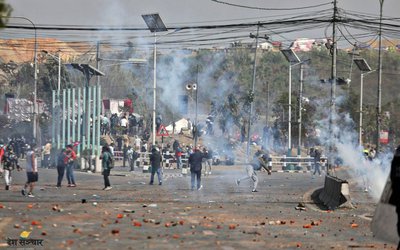
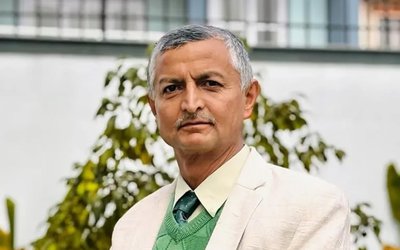

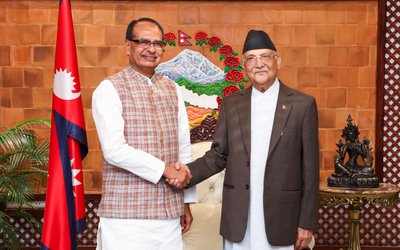
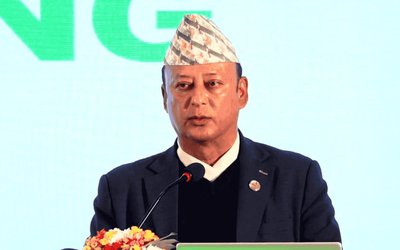
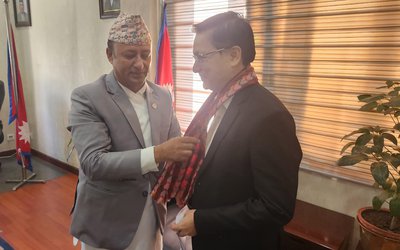
After the earthquake last year, a major controversy arose on the quality of food supply in the earthquake affected areas. Following the media controversy, even WFP destroyed its food stuffs.
In the absence of food quality management experts, nobody exactly knows how to manage the food quality and waste in the emergences. Given such situation, the United Nations World Food Program (WFP) organized a four-day training program on emergency preparedness and capacity building on food safety and quality management systems.
At the event participated by representatives from the government, UN agencies, non-governmental organizations (NGOs) and the private sector, the participants explored how they can work together to combat food waste in Nepal and to address challenges in delivering food to affected populations when disaster strikes.
“Food is usually one of the most vital needs during the early onset of an emergency. Ensuring good quality food is available and can reach those in need can be lifesaving. The training allowed those involved in the food supply chain, from both public and private sector, to come together and learn about quality management systems and reduce food wastage in emergency settings. We cannot afford not to invest in emergency preparedness, Nepal needs to be ready for the next disaster that we know could strike the country any time,” said WFP Representative and Country Director Pippa Bradford.
About 1.3 billion metric tons of food, equivalent to US$ 1.3 trillion, is wasted worldwide each year. In low income countries like Nepal, about 40 percent of losses occur during post-harvest storage and handling. Such statistics suggest that cereal losses in Nepal could represent double the amount of cereal imported. “If Nepal addressed issues concerning food losses it could move from being a food deficit country to a food surplus country” said Bradford.
Ending hunger is a priority for the government of Nepal, with Prime Minister K.P Sharma Oli pledging to end hunger in Nepal by 2025 during the launch of the Zero Hunger Initiative on March 13th with Jose Grazianoda Silva, Director General of Food and Agriculture Organization (FAO). The Zero Hunger Initiative is directly linked to goal 2 of the Sustainable Development Goals, which aims to end hunger, achieve food security and improved nutrition, and promote sustainable agriculture, and of which eliminating loss and waste of food is one of the central pillars.
The WFP training program was inaugurated on May 9 by Pippa Bradford, WFP Representative and Country Director. Highlights included a site visit to a Nepal Food Corporation (NFC) warehouse to provide hands-on training and practical knowledge to all participants. Presentations focused on strengths and challenges faced by participants in food production and distribution, lessons learned and how to reinforce collaboration.
Keynote speakers included Matina Joshi, Acting Director General at the Department of Food Technology and Quality Control (DFTQC); Mr. Jabed, Director of SAARC Food Bank; Kamal Raj Bhandari, Under Secretary from Ministry of Supplies of National Emergency Contingency Plan; Shabnam Shivakoti, Program Director of the Post-Harvest Management Directorate; Mohan Chand, NFC Zonal Chief on National Distribution System and Frank Aynes, Head of WFP Supply Chain in Nepal.
WFP expects that the training will help to bring standard operating procedures and recommendations. “WFP works with the Government in managing supply chain activities in times of crisis. The more we know and understand of where our combined strengths and weaknesses are we can perform better when it matters. Training and capacity building are critical elements that lead to a state of readiness. The more people and institutions know about emergency plans, priorities and who is doing what, means more lives can be saved,” said Bradford






